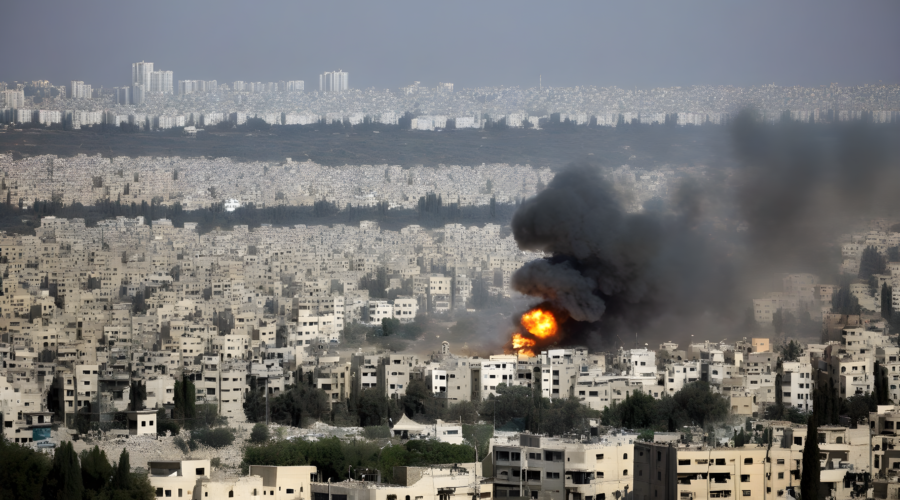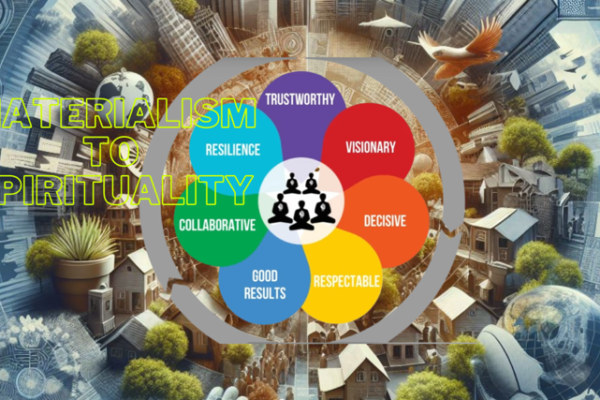– Dr. Hans-Joachim Rudolph, Microvita Research e.V.
Around 233 Israeli settlements and outposts have been built in the West Bank since 1968 (as of 2018). Although the existing settlements in the Gaza Strip were dismantled in 2005 as part of the implementation of the Sharon Plan, there has recently been some talk of restoring them after the current war. In my opinion, however, this would definitely go way too far. Such a fragmented country could never constitute a state territory and therefore could hardly become an independent state. This suggests that while the international community is naively talking about a two-state solution, Israel is creating facts that render the establishment of a Palestinian state completely impossible.
Here it should be remembered that these settlements, which are strictly guarded and defended by the Israeli armed forces, are classified as illegal under international law by the International Court of Justice and the United Nations (most recently by UN Security Council Resolution 2334 in 2016). Despite the government’s position to the contrary, even the Israeli Supreme Court repeatedly declared expropriations in the West Bank unconstitutional. Against this backdrop, the current dispute between the government and the Supreme Court takes on a different dimension:
It seems that the Israeli government is primarily concerned with legitimizing the illegal seizure of land in the Palestinian settlement areas retrospectively. This would amount to assigning the Palestinians reservations where they could live without having a say in anything. Such a neo-colonialist policy would, however, be incompatible with the principles of the Free World. Israel, although massively supported by the West from the outset, would betray Western values in this respect and possibly slide from ‘Ethnic Democracy’ into the ranks of an ’Ethnocracy’.
Although such a scenario is not unlikely, we should be guided by reality when assessing the current situation. And this includes the fact that Israel’s right to self-defence must be recognized; of course Israel has to protect its citizens from the Hamas terror attacks. However, this should be exercised within the framework of humanitarian rules. Prime Minister of Norway, Jonas Gahr Støre, recently said for example that “the scale of destruction and humanitarian suffering that is currently under way is disproportionate. Attacks on hospitals, health workers and civilian infrastructure and the denial of access to vital goods through a complete blockade is inadmissible under humanitarian law“.
The most important thing, however, is that this war must not be allowed to escalate into a conflagration. Together with the war in Ukraine and China’s provocations in the South China Sea, these conflicts could evolve into a Third World War, which must be prevented by diplomatic means at all costs. This requires a moderating influence on the Israeli government, which should not be too difficult, as the existence of the Jewish state has never been seriously threatened thanks to the air defense systems installed. In fact, the so-called Iron Dome proved itself across the board and has demonstrated an amazing effectiveness.






Regarding the current dispute between the Israeli government and the Supreme Court =>>
Israel’s top court strikes down key component of Netanyahu’s judicial overhaul => https://www.lemonde.fr/en/international/article/2024/01/01/israel-s-top-court-strikes-down-key-component-of-netanyahu-s-judicial-overhaul_6393364_4.html
Tzipi Hotovely, Israeli ambassador to the UK, rejects a two-state solution (https://www.youtube.com/watch?v=FYOv_Jb8cA0).